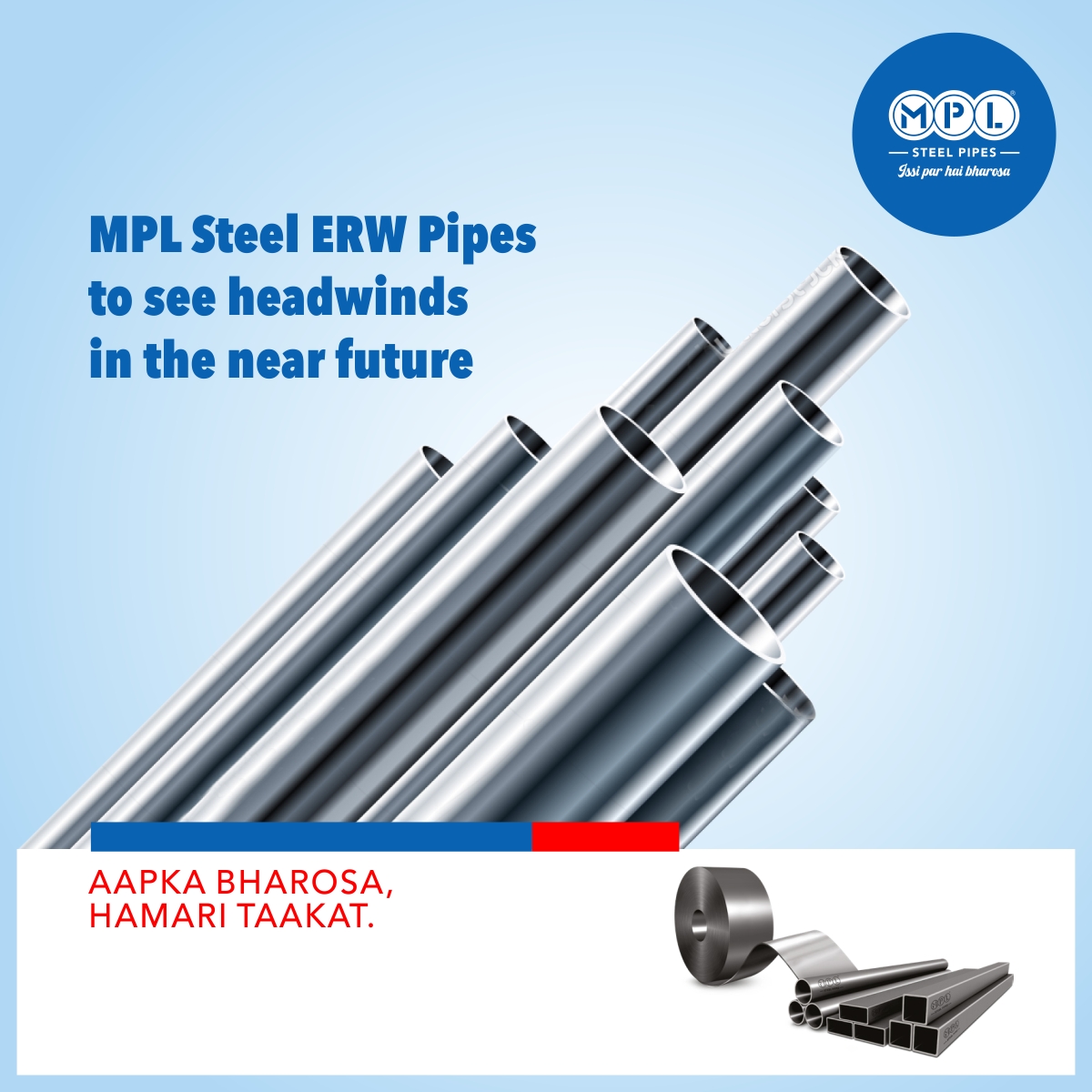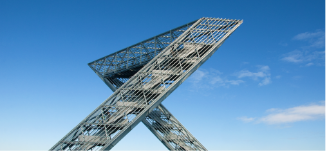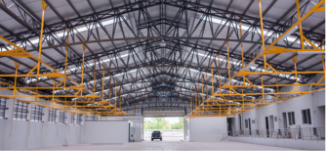
Blogs

MPL Steel ERW Pipes: Anticipating Future Challenges
ERW (Electric Resistance Welding) pipes have emerged as one of the fastest-growing segments in the steel pipe industry. To manufacture ERW pipes, leading steel pipe manufacturers such as MPL Steel rely on high-quality steel that is low in carbon, fully killed, fine-ground, control-rolled, and continuously cast. MPL Steel's ERW pipes are formed by cold-forming sheets of HR (Hot Rolled) steel into a cylindrical shape.
Electric current is passed between the two edges of the steel, heating the material to a point where the edges fuse together, creating a bond without the use of welding filler material. These ERW pipes are extensively used in the transportation of oil, natural gas, and other vapor-liquid substances. They are engineered to meet both high and low-pressure requirements, making them suitable for various industries.
Key Advantages of MPL Steel ERW Pipes:
- Durability and Strength: MPL Steel ERW pipes are trusted for their superior strength, malleability, and durability. One of their key features is that they do not rust or corrode, ensuring a long-lasting solution.
- Clean and Efficient Manufacturing: Unlike other types of welded pipes, only the tube ends of ERW pipes are heated and fused, meaning the entire length of the pipe remains clean. Post-weld cleaning or trimming is only necessary at the welded joints, reducing the cleaning process significantly. This also ensures that the dimensions remain consistent along the entire length of the pipe, with any changes limited to the welded seams, which are trimmed or ground away.
- Ease of Installation: The clean flat seams created by the welding process make it easier to install ERW steel pipes, especially in constrained spaces, ensuring smoother and more efficient installations.
ERW pipes are widely used across numerous industries, including:
- Oil and Gas: For transporting oil and natural gas.
- Infrastructure: In structural and civil engineering applications, including plumbing, heating, ventilation, and air-conditioning.
- Electrical and Communications: Used as electrical conduit pipes, fencing, cabling, and ducting.
- Agriculture and Irrigation: For irrigation systems.
- Construction and Utilities: In applications such as power plants, water and sewage systems, metros, and airports.
- Renewable Energy: Used in solar and wind power plants.

